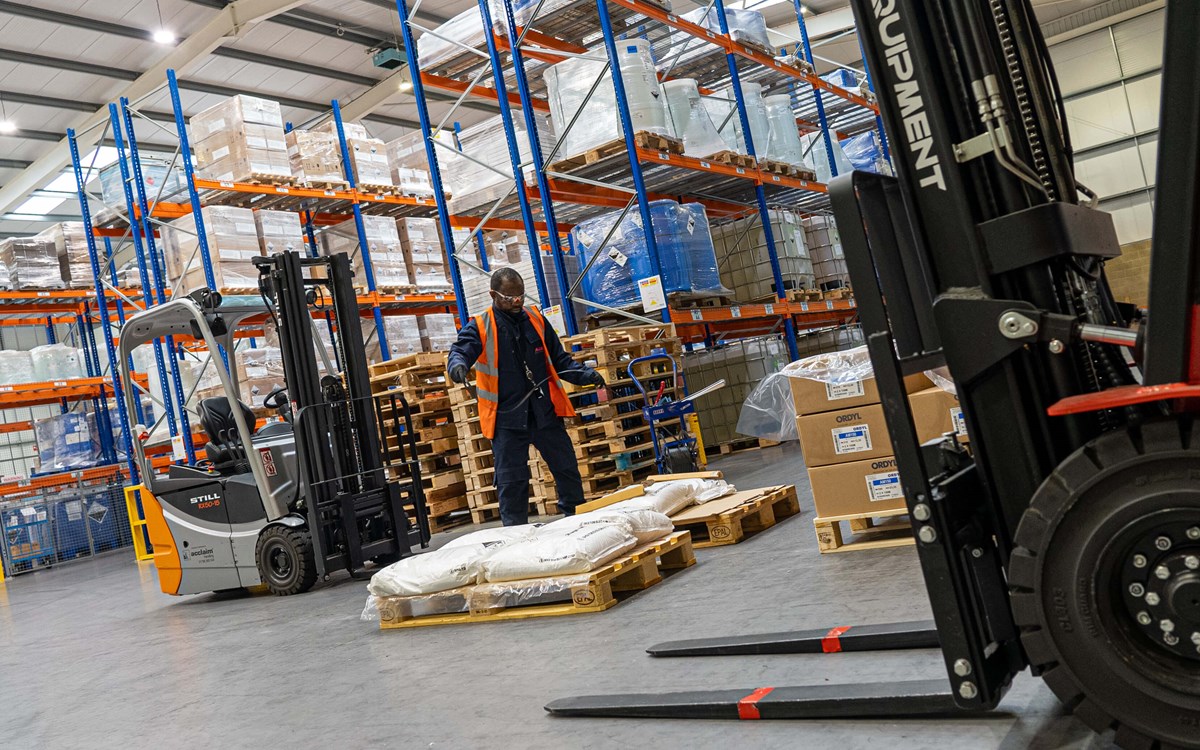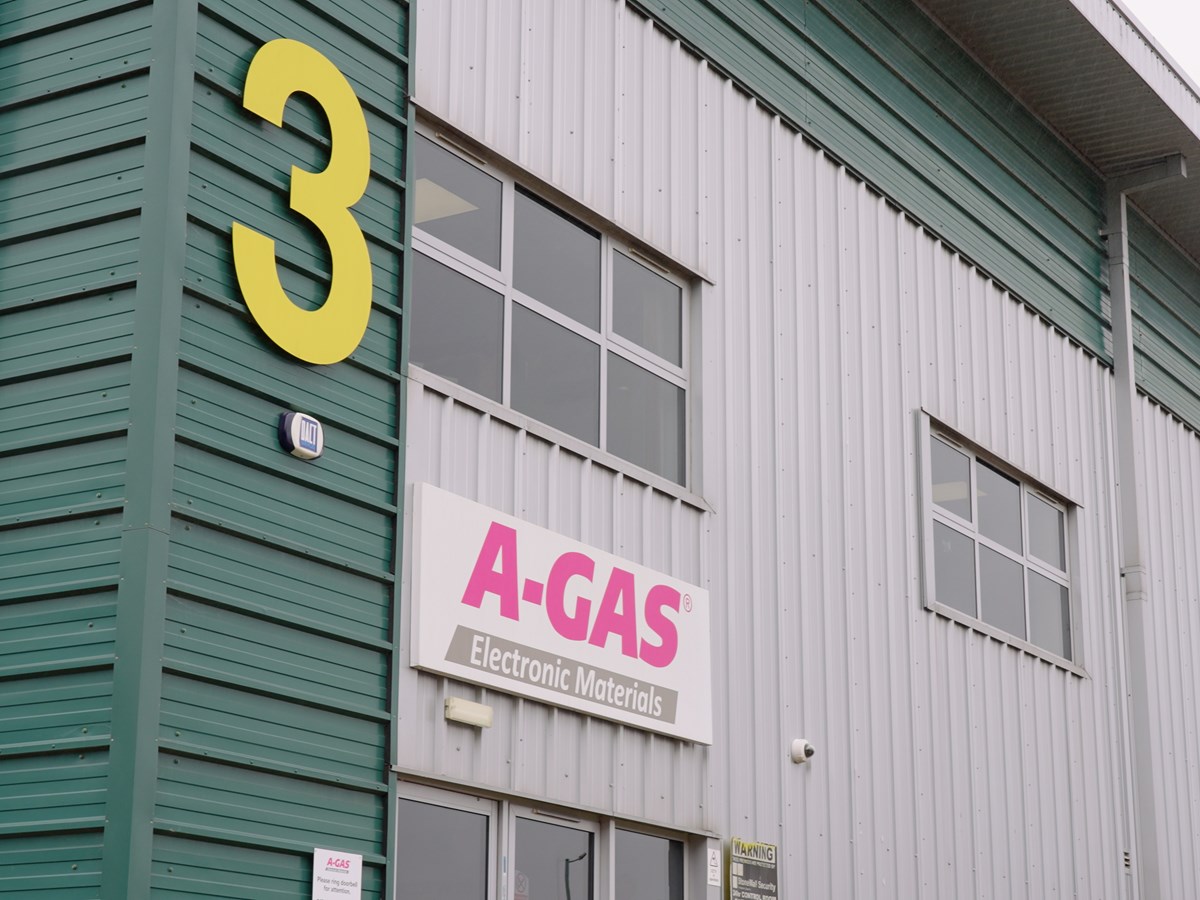Every production line is different. The equipment you use, the throughput you run, the tolerances you need to hit, and even the environmental conditions in your facility all influence how materials behave. Yet many suppliers still push a one-size-fits-all approach to chemistry, expecting manufacturers to adapt their processes to products that weren’t designed for them.

It sounds convenient, simplifying the supply chain, reducing the number of SKUs, and standardising on universal materials, but the reality is rarely that simple. In practice, generic chemistry often creates hidden costs: lower yields, more downtime, and compliance risks that undermine competitiveness.
Why processes aren’t the same
In high-tech specialist chemistry for electronic manufacturing, variability is an inherent part of the process. Even two lines producing the same end product can behave differently depending on equipment, operators, or local conditions. Something as subtle as a shift in pH, a change in temperature profile, or a difference in rinse water quality can alter results.
Chemistry that works in one setting might perform poorly in another. A resist designed for broad use may not deliver the resolution you need. A plating bath intended to cover multiple applications might struggle with fine features or complex geometries. A soldermask optimised for one curing profile may underperform under another.
When materials aren’t matched to the process, operators are forced to compensate, adjusting temperatures, extending dwell times, or adding extra rinses. These workarounds might get you through the day, but they slow production and introduce variability, the opposite of what you need in precision manufacturing.
The hidden cost of one-size-fits-all
The real cost of generic chemistry is rarely visible on a purchase order. It shows up in yield reports, rework rates, and downtime logs.
Every board or wafer scrapped because of poor adhesion, over-etching, or plating voids represents wasted material, energy, and labour. Every hour spent tweaking conditions around unsuitable chemistry is an hour not spent hitting targets. Every regulatory update that forces a hurried switch to compliant alternatives is a disruption that could have been avoided.
What looks like a simple, streamlined choice can quickly become a source of inefficiency. Instead of reducing complexity, one-size-fits-all chemistry often adds it in the form of troubleshooting, reworks, and risk.
What tailored chemistry solutions deliver
When chemistry is matched to your process, the difference is immediate. Stability improves because materials operate within the right process window. Variation decreases because results are predictable, batch after batch. Troubleshooting is faster because the chemistry is understood in the context of your line, not in a generic datasheet.
There’s also confidence in compliance. With regulations like UK REACH and PFAS restrictions reshaping material requirements, having chemistry aligned to your sector and application reduces the risk of last-minute substitutions or costly disruptions. Tailored support doesn’t just fix today’s issues, it anticipates tomorrow’s, and crucially, it keeps you competitive. In sectors where margins are tight and deadlines immovable, chemistry that helps you maintain yield and throughput isn’t just a technical advantage. It’s a strategic one.
Expertise matters as much as chemistry
Tailored chemistry is not just about product choice, it’s about the expertise behind it. A responsive, knowledgeable partner can see beyond the drum or bottle to how that chemistry interacts with your process. That means providing hands-on advice when issues arise, backed by ISO-certified laboratory analysis to validate performance. Techniques such as UV spectrometry, titrations, conductivity measurements, solids content checks, and metal content analysis provide clarity on what’s happening in your solutions. With this data, you can act decisively rather than relying on trial and error.
It also means logistics that match your needs. Local stockholding and responsive supply reduce the risk of downtime, while trusted partnerships with leading manufacturers ensure continuity even when global supply chains are under pressure. And increasingly, it means guidance on sustainability, helping you navigate regulations, reduce environmental impact, and build resilience for the future.
Tailored chemistry keeps you moving forward
Manufacturers who rely on generic, one-size-fits-all chemistry often find themselves locked into compromise. They adapt processes to fit materials instead of selecting materials to fit processes. They carry higher levels of risk, from wasted production to compliance exposure, and they lose the agility needed to innovate or scale.
By contrast, tailored chemistry, supported by accessible expertise, allows you to run processes that are stable, compliant, and ready for what comes next. It turns materials from a potential bottleneck into an enabler of performance.
Every process is unique, and your chemistry should be too. Get in touch with us to see how we can support your process.
